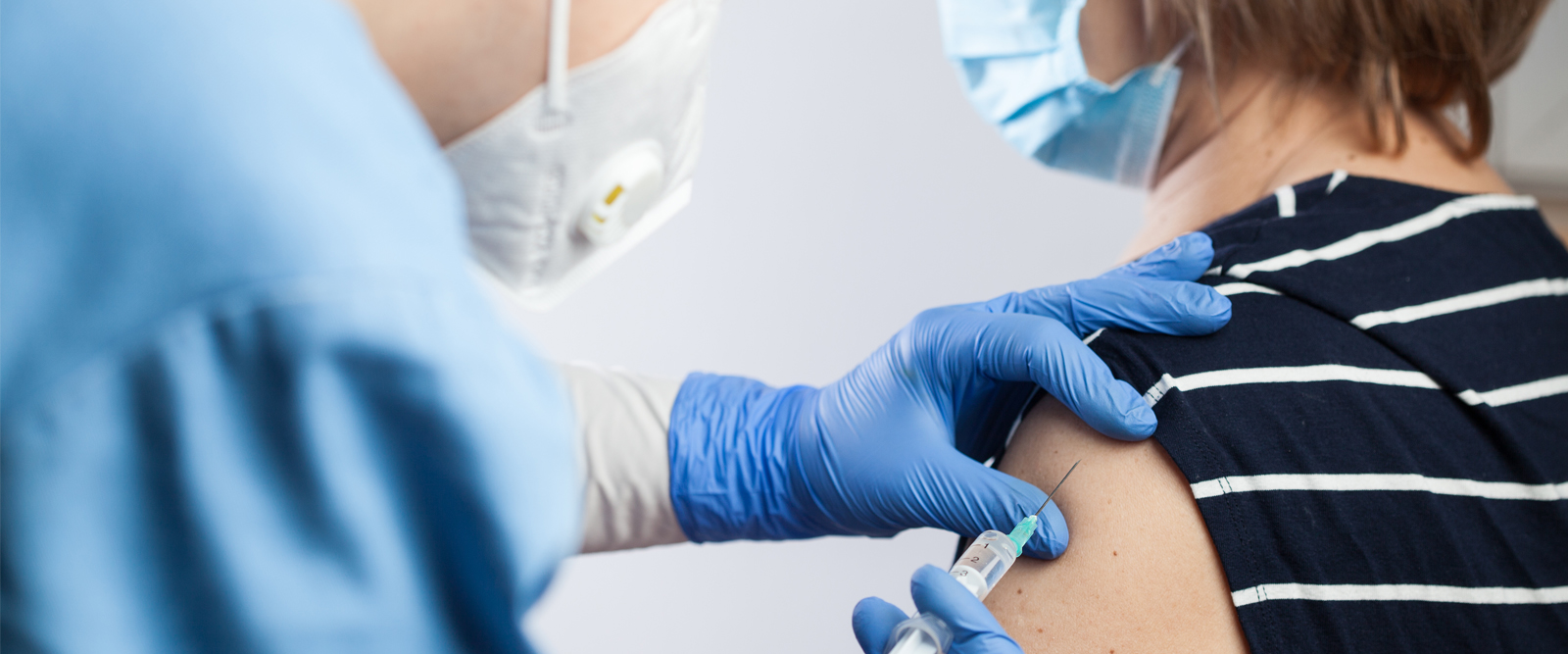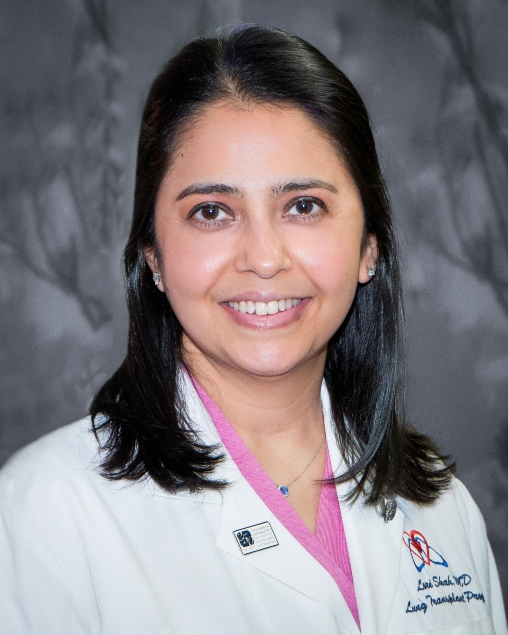FDA Approves First RSV Vaccine for Older Adults
The single-dose vaccine was found to protect older adults who may be at high risk for severe disease caused by RSV.

The Food and Drug Administration (FDA) recently approved the first-ever vaccine against respiratory syncytial virus (RSV) infection, for adults 60 years of age and older. The single-dose vaccine is called Arexvy and was developed by GlaxoSmithKlein (GSK).
“RSV can be life-threatening for older adults, who may have other medical conditions or are immunocompromised,” says Dr. Lori Shah, a pulmonologist at New York-Presbyterian/Columbia University Irving Medical Center. “The approval by the FDA will help protect these high-risk patients from severe disease caused by RSV, and it comes just in time since RSV starts to spike in the fall and winter seasons.”
In 2022, rising cases of RSV played a part in what was called a “triple-demic” during the fall and winter months, alongside rising cases of COVID-19 and the flu.
RSV is a common respiratory virus that, in most people, causes cold-like symptoms, such as a sore throat and runny nose that can last for a week or two. “But some people can get quite sick from it, especially young infants, adults over the age of 65, those with chronic medical conditions such as asthma, and immunocompromised people,” says Dr. Shah, who is also an associate professor of medicine at Columbia University Vagelos College of Physicians and Surgeons.
In those individuals, RSV can cause life-threatening lower respiratory tract disease, such as pneumonia, which is a type of lung infection, and bronchiolitis, an inflammation of the small airways in the lung. According to the Centers for Disease Control and Prevention (CDC), RSV leads to approximately 6,000 to 10,000 deaths and about 60,000 to 160,000 hospitalizations each year among adults aged 65 years and older.
Dr. Shah spoke with Health Matters about the new RSV vaccine and what the public should know about the next steps.

Dr. Lori Shah
What did the GSK study show about the vaccine?
The GSK study showed that the single-dose vaccine was effective. It reduced the risk of lower respiratory tract disease associated with RSV by 82.6% and the risk of severe disease by 94% for the participants.
The FDA based its approval on promising early results from an ongoing clinical trial by GSK that includes participants ages 60 and older from the United States and around the world. Half of the 25,000 study participants received Arexvy, while the other half were given a placebo; this way researchers could determine the safety and effectiveness of the vaccine. The results were published in The New England Journal of Medicine this past February.
Did participants in the clinical trial experience any adverse effects from the vaccine?
The most common side effects were similar to the ones many of us may have experienced from getting a flu shot or the COVID-19 vaccine. They are injection-site pain, muscle aches, joint pain, fatigue, and headache.
Atrial fibrillation, a common type of arrhythmia (irregular heartbeat), was reported in a small number of patients (0.001%) who received Arexvy, but it was also seen in a similarly small number of patients who received the placebo. They developed the condition within 30 days of being vaccinated.
Were there any serious side effects?
Serious side effects, though rare, were observed in two smaller studies. In one study, a condition called acute disseminated encephalomyelitis (a rare kind of inflammation in the brain and spinal cord) occurred in two patients who received both Arexvy and the flu vaccine. In the other, one participant developed Guillain-Barré syndrome, a rare neurological disorder, after receiving Arexvy. These serious side effects will be further evaluated in future, larger studies.
What is next for the ongoing GSK study?
The study will be ongoing for the next three RSV seasons, during which the vaccine’s effectiveness and safety will continue to be monitored. The study will also evaluate how effective the vaccine is at building immunity when booster doses are given.
What are next steps, and what should people keep in mind?
The next step will be for the CDC to issue a recommendation for the FDA-approved RSV vaccine, which could happen as early as June 2023. Once this happens, the vaccine could become available by fall of this year.
Health care providers routinely recommend vaccination, however, it is very important to follow other protective measures, such as avoiding contact with sick individuals, hand hygiene, mask wearing, and disinfecting surfaces at home.
Lori Shah, M.D., provides both inpatient and outpatient consultative services to patients with chronic and advanced lung disease as well as those who are seeking evaluation for Lung Transplantation. Her area of expertise includes patients with interstitial lung disease, pulmonary fibrosis, Chronic Obstructive Pulmonary Disease/emphysema, Alpha 1 Antitrypsin disease, cystic fibrosis, pulmonary sarcoidosis, Lymphangioleiomyomatosis, occupational lung diseases, pulmonary hypertension, as well as other rare and advanced lung diseases.
In addition, she is the Medical Director of the Pulmonary Function Laboratory. The Pulmonary Function Lab performs pulmonary function testing, arterial blood gas testing, and cardiopulmonary exercise testing.

